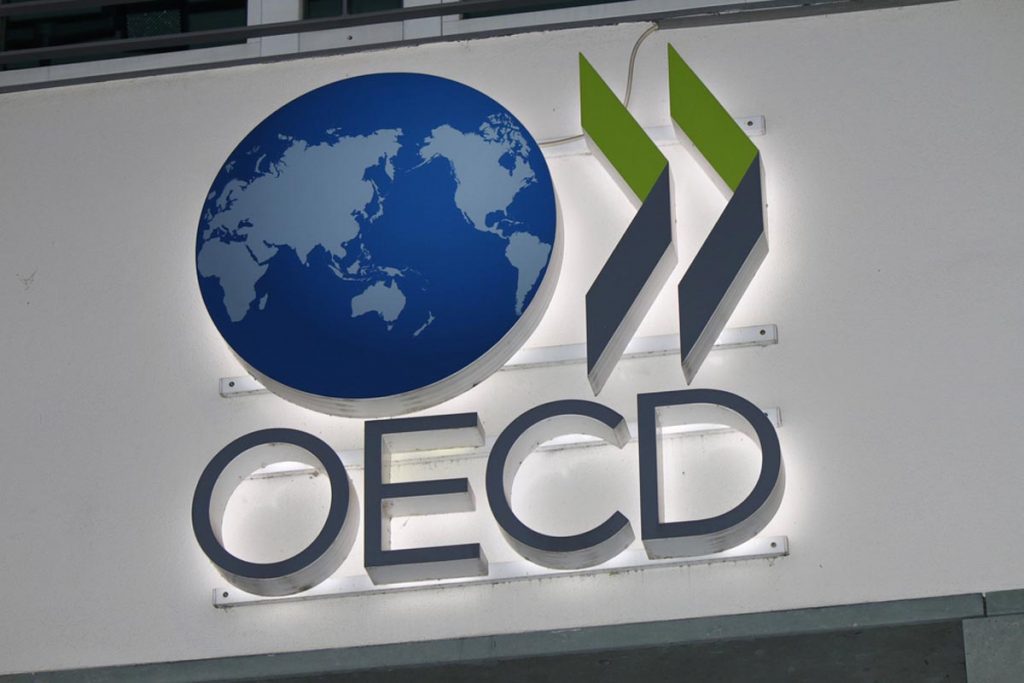
The founder of the Product Stewardship Institute recently advised the Organization for Economic Cooperation and Development (OECD) on plastic pollution reduction policies. | 360b/Shutterstock

The founder of the Product Stewardship Institute recently advised the Organization for Economic Cooperation and Development (OECD) on plastic pollution reduction policies. | 360b/Shutterstock
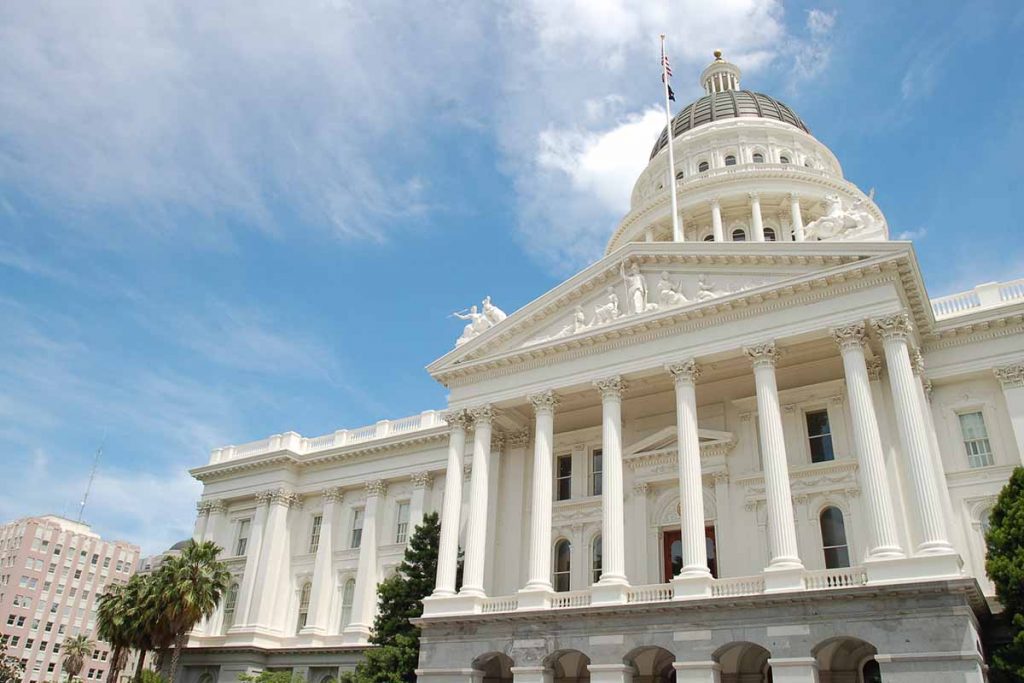
Years of work, capped by several frenzied months, went into the passage of California’s SB 54, one of the biggest recycling laws in U.S. history. | Jonathan Lenz/Shutterstock

Source-separated collection and treatment of organics could significantly reduce methane emissions from landfills, as highlighted in a report from GAIA. | Gargonia/Shutterstock
A report from the Global Alliance for Incinerator Alternatives targeted organics diversion, increased recycling and reduced plastic use as key elements in keeping planetary warming below a critical threshold.
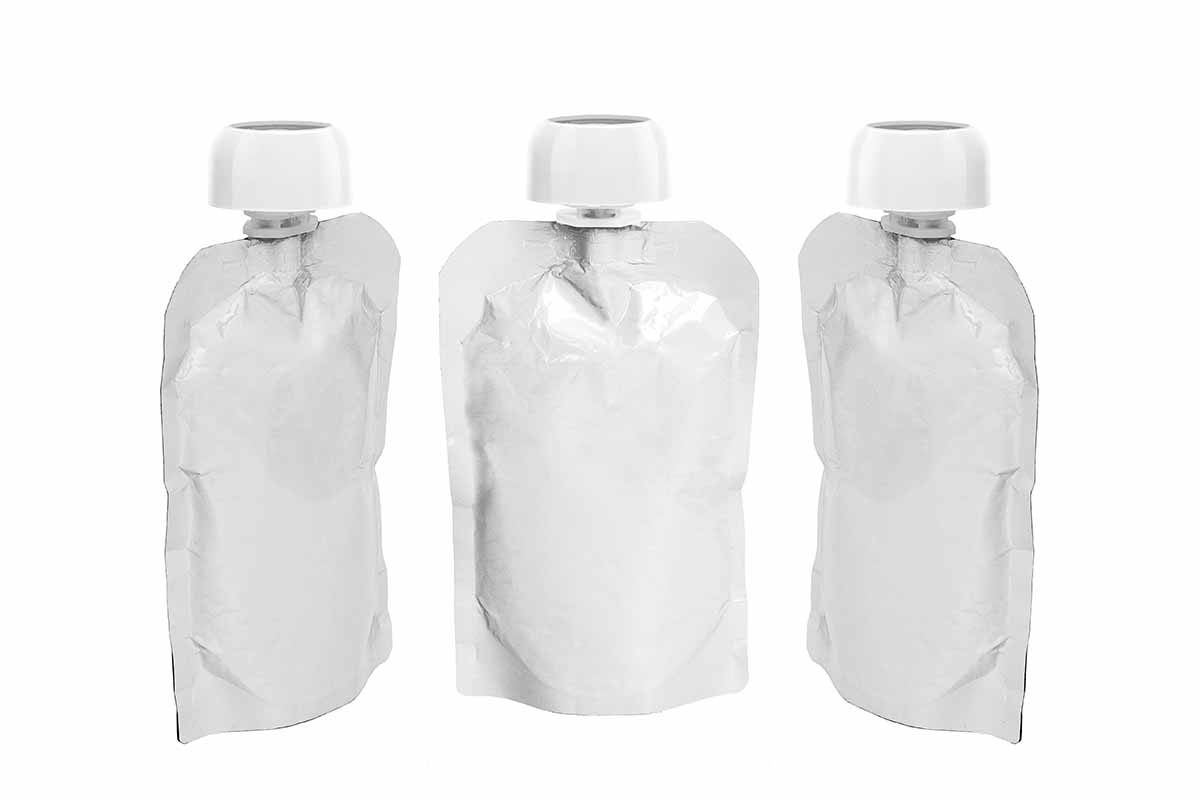
The president and CEO of the Flexible Packaging Association says an extended producer responsibility program for flexible packaging is the way to reduce food waste, shipping emissions and plastic in landfills. | elpashtetto/Shutterstock

California’s carpet recycling rate in 2021 was 27.9%, up from 20.9% in 2020. | Colleen Michaels/Shutterstock
California’s extended producer responsibility program for carpet achieved a sharp increase in the recycling rate last year, jumping 7 percentage points from the prior year.
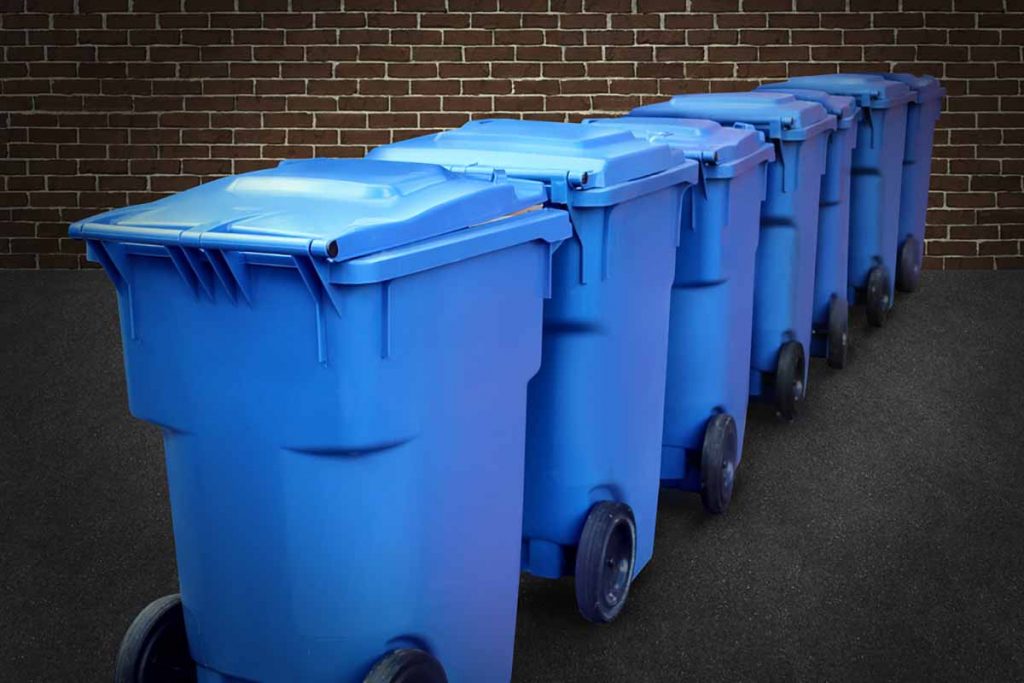
For the second year in a row, Recycle BC observed “significant growth” in collected metric tons, with a 17% increase over the past two years. | Lightspring/Shutterstock
British Columbia’s paper and plastic packaging collection rates have rebounded after pandemic-related challenges, reaching a record-high recovery rate of just over 94%.
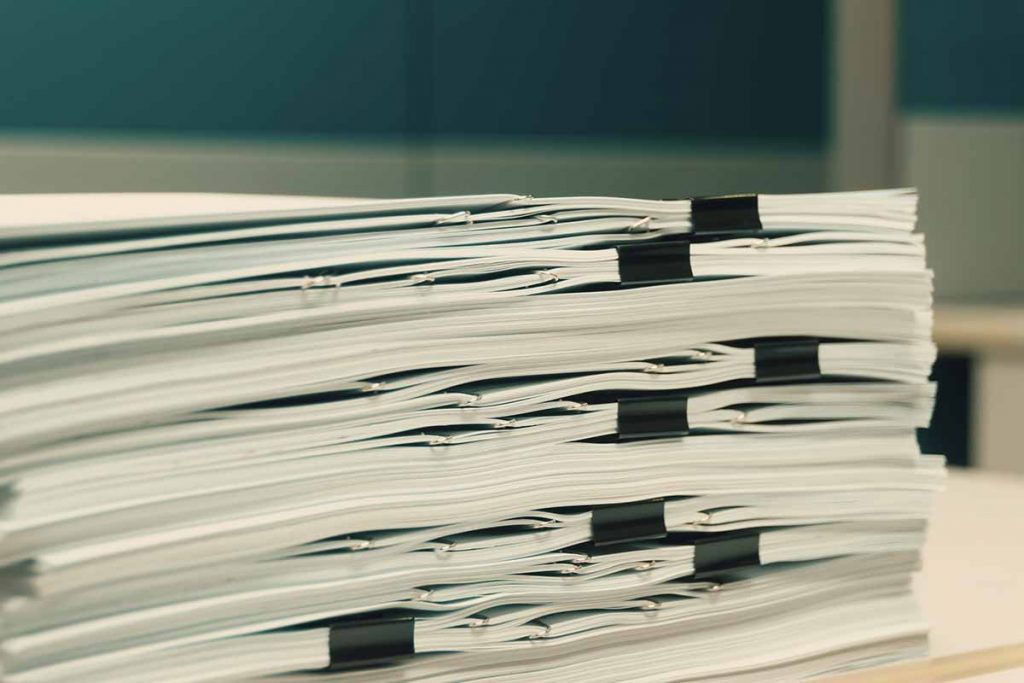
Legislators recently spoke about their challenges and successes with EPR legislation. | Banlai/Shutterstock
Four state-level elected officials who have worked on extended producer responsibility bills for packaging recently discussed how they became champions of recycling policy and offered tips to help advance legislation.
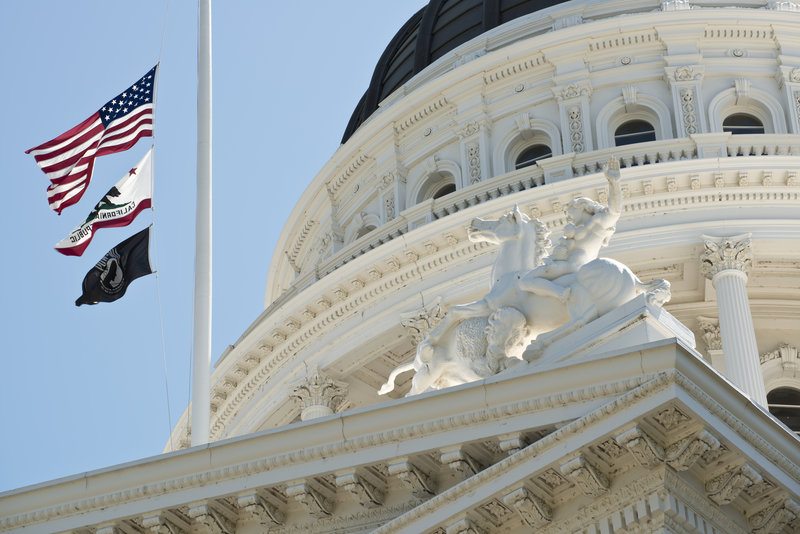
New legislation evokes varied reactions among industry and activists. | Michael Warwick/Shutterstock
Industry leaders mostly expressed support for California’s recently signed extended producer responsibility bill, though some said they still had concerns about its far reach. Continue Reading

